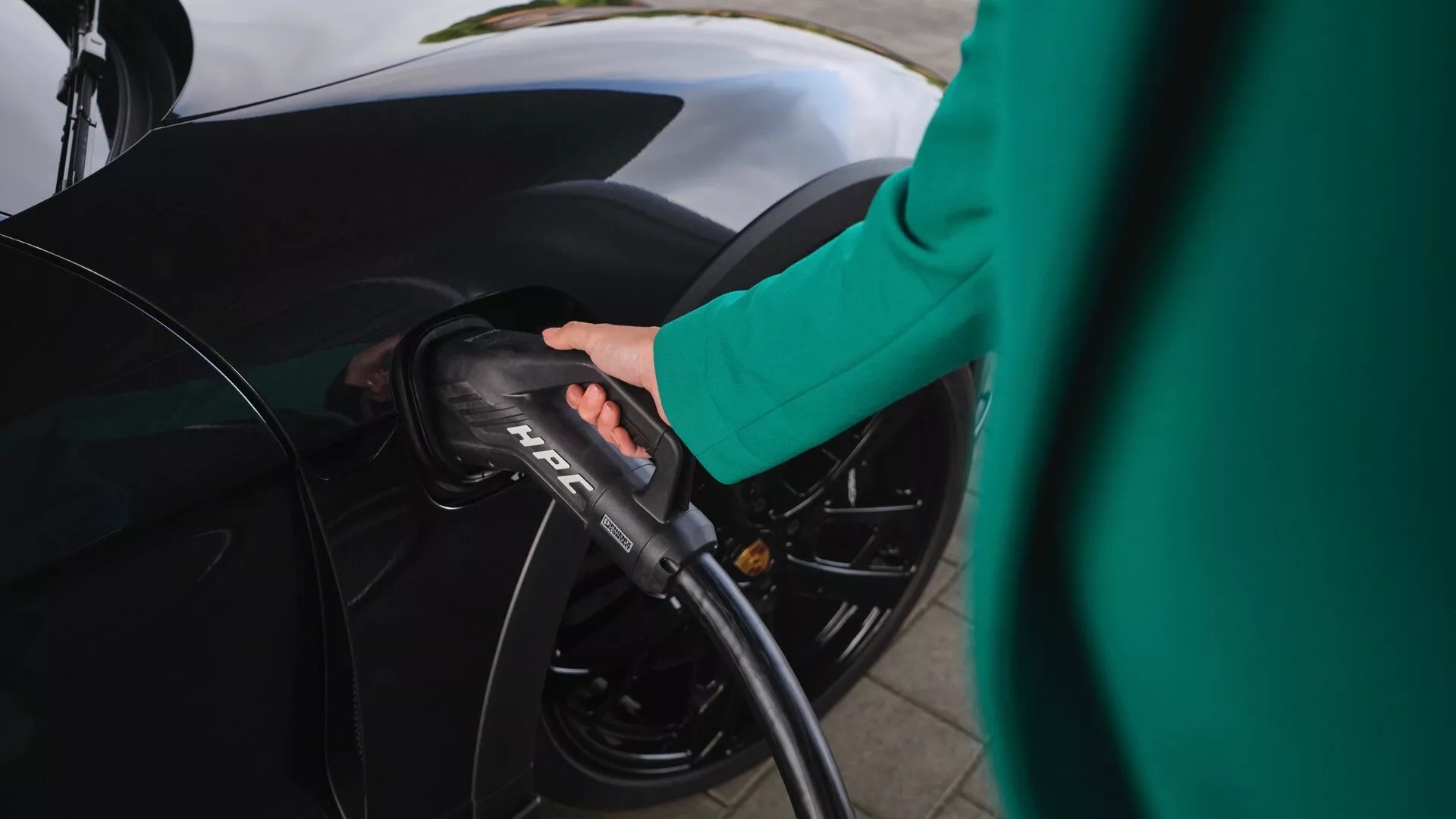The state of California is set to introduce regulations mandating a standardized onboard diagnostic (OBD) system for electric vehicles (EVs) beginning in the 2026 model year. Unlike combustion-powered vehicles, where the OBD II port is a standardized feature for diagnostics, the lack of uniformity in the EV sector has posed challenges in accurately identifying issues with these vehicles.
California’s Advanced Clean Cars II program will require automakers to integrate a standardized EV diagnostic system, a move aimed at streamlining diagnostics and ensuring consistency across the burgeoning electric vehicle market. While initially confined to California, the potential for broader adoption is significant, with seven additional U.S. states already aligning with Advanced Clean Cars II regulations.
The new diagnostic systems will not only apply to pure electric vehicles but also extend to plug-in hybrid and hydrogen fuel-cell vehicles. Complying with Californian legislation, the OBD system must encompass every facet of an EV’s powertrain, including its battery pack, power electronics, charging system, and thermal systems. Additionally, the regulations mandate the display of specific battery data on the vehicle’s menu.
Stellantis’ Head of Global Powertrain, Micky Bly, acknowledges the complexity of developing such a comprehensive diagnostic system but expresses optimism about its feasibility. He notes that negotiations on final standards are underway, and while challenges exist, they are not akin to creating something as elusive as “unobtainium.”
The established OBD II systems, a standard for internal combustion engine (ICE) vehicles globally for over two decades, utilize parameter IDs to monitor each component, facilitating rapid and precise identification of electrical and mechanical issues. While some EVs currently employ OBD II systems, primarily those built on pre-existing ICE architectures, the impending regulations seek to establish a consistent diagnostic framework tailored specifically for electric vehicles.
Rivian, a prominent player in the electric vehicle market, voices support for the standardization initiative. A company spokesperson emphasizes Rivian’s commitment to meeting these standards, aligning with the California Air Resources Board (CARB) and Advanced Clean Cars II regulations. The company also underscores its broader vision to facilitate right-to-repair by leveraging connected car technology to offer advanced and secure diagnostics for third-party technicians.

